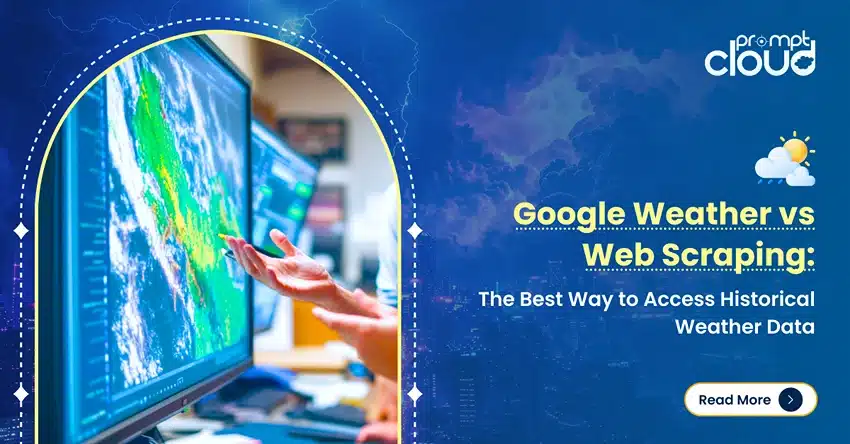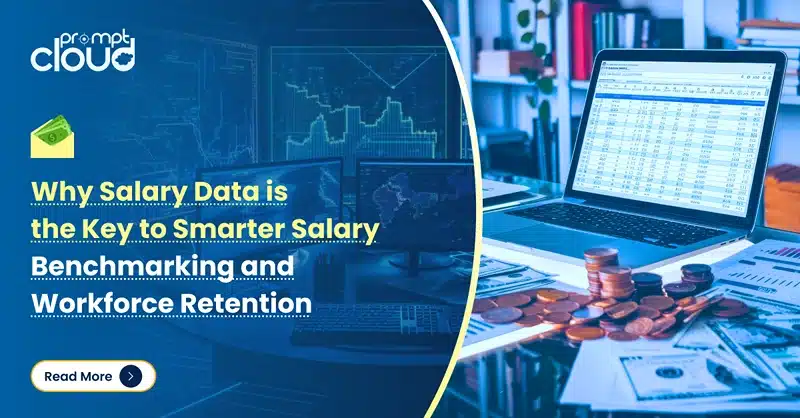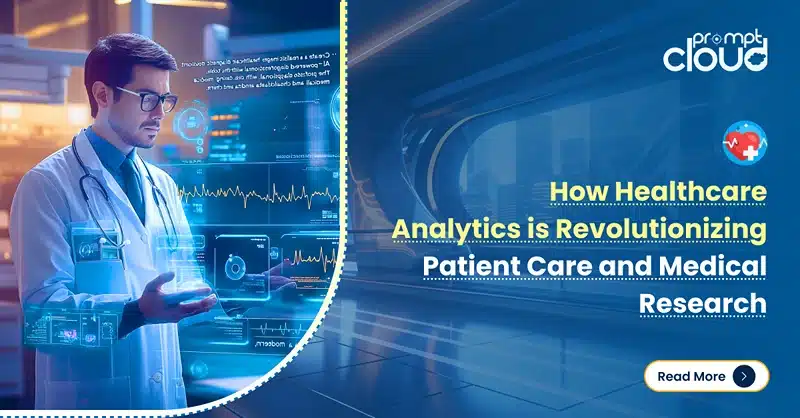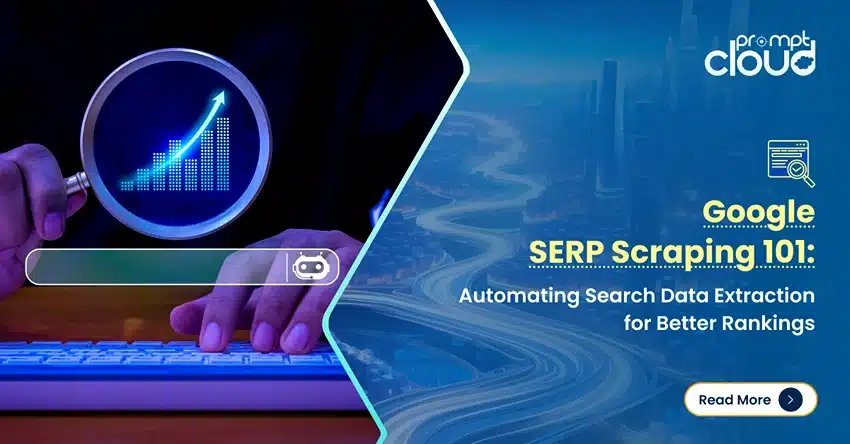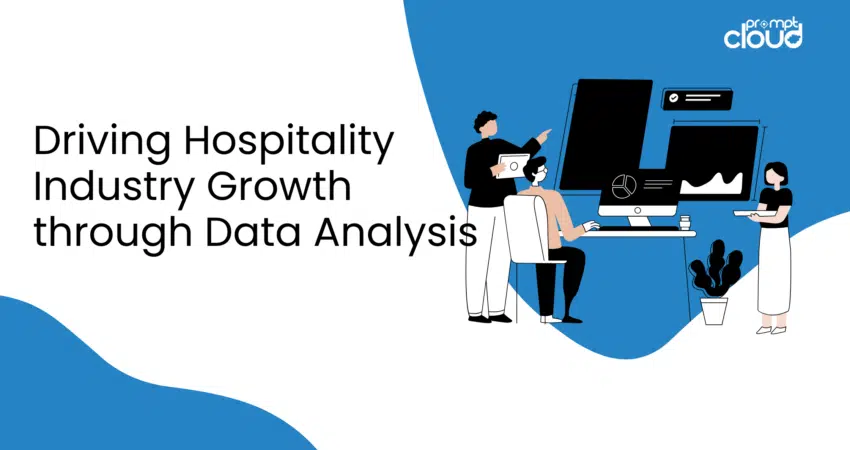
In the fast-paced world of hospitality, where guest expectations and industry standards shift almost overnight, staying ahead isn’t just an advantage – it’s a necessity.
As a hotel manager, restaurant owner, or tourism operator, you understand the challenges of maintaining excellence and exceeding guest expectations. To navigate this complex landscape, many in the industry are turning to advanced digital solutions. Data analysis and web scraping, in particular, are proving to be game-changers. These technologies not only streamline operations but also enhance guest experiences, ensuring your business not only survives but thrives.
This blog delves into how embracing data-driven strategies can open new avenues for growth, personalize guest experiences, and give you a competitive edge in the hospitality market.

Source: https://medium.com/@yvonnejoseph/the-use-of-data-analytics-in-the-hospitality-industry-c374a6f5308
The Role of Data Analysis in Hospitality
Data analysis isn’t just about crunching numbers; it’s about uncovering opportunities to create more engaging, efficient, and profitable operations. In the hospitality industry, where guest satisfaction directly influences success, the insights derived from data analysis can be transformative.
Understanding Customer Preferences
The key to ensuring guest loyalty and repeated business lies in understanding and anticipating customer needs. Data analysis enables this by scrutinizing patterns in booking data, online reviews, and direct feedback. For example, imagine being able to predict the uptick in demand for family-friendly amenities during school holidays or identifying the preferred room types among business travelers. These hotel data scraping insights empower hospitality businesses to tailor their marketing strategies, develop targeted promotions, and, ultimately, enhance customer service. By aligning offerings with guest preferences, businesses can create a more personalized experience that resonates with their clientele.
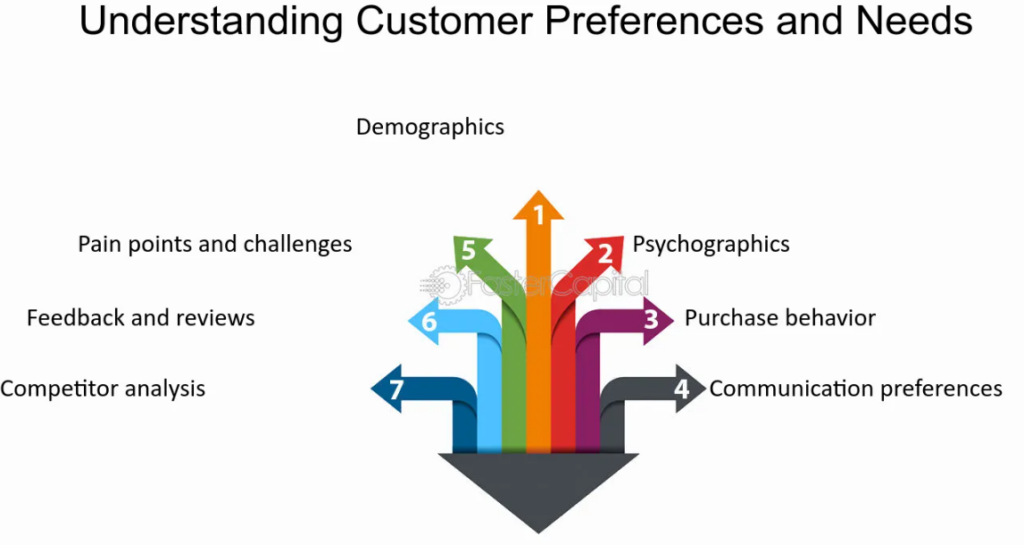
Source: https://fastercapital.com/startup-topic/Understanding-Customer-Needs-and-Preferences.html
Optimizing Pricing Strategies
Pricing is a critical lever in the hospitality industry. Through the strategic use of hotel data scraping and data analysis, businesses can adopt dynamic pricing models that adjust in real time based on fluctuating market conditions, competitor pricing, local events, and historical demand trends. This approach not only maximizes revenue but also ensures competitiveness in a saturated market. For instance, a hotel might lower prices during off-peak times to attract more bookings or increase rates slightly when demand is known to spike, ensuring they are not leaving money on the table.
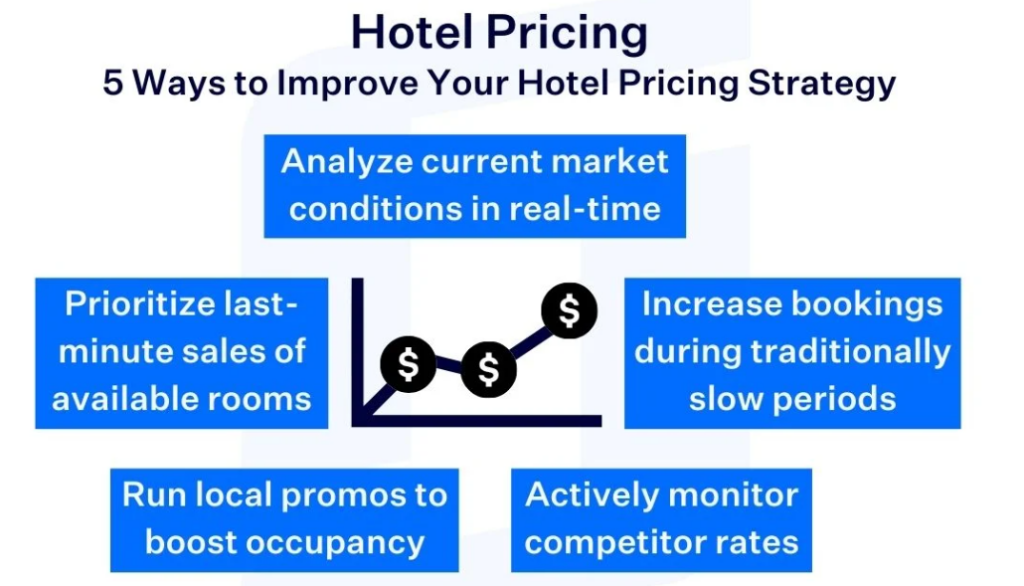
Source: https://www.siteminder.com/r/hotel-pricing/
Enhancing Operational Efficiency
Efficiency in operations directly correlates with cost savings and improved guest experiences. Data-driven insights help streamline every aspect of operations – from inventory management, where data predicts the optimal stock levels of food and beverages, to staffing, where predictive analytics forecast the need for additional staff during peak times. This ensures that resources are not just allocated but are utilized in the most effective manner. Moreover, hotel data scraping and data analysis can help identify bottlenecks in service delivery or areas where guest satisfaction could be improved, allowing management to proactively address issues before they affect service quality.
Web Scraping – A Gateway to Competitive Intelligence
In the competitive world of hospitality, staying informed about the market and ahead of trends is crucial. Hotel data scraping or web scraping, an automated method for extracting data from websites, serves as a vital tool for achieving this. Here’s a deeper look at how web scraping empowers hospitality businesses:
Market Trends and Competitor Analysis
Understanding the competitive landscape is essential for any hospitality business aiming to thrive. Web scraping allows for the collection of vast amounts of data from competitors’ websites, social media platforms, and review sites in real time. This data includes information on pricing, new services, guest packages, and promotional strategies. By analyzing this data, businesses can benchmark their offerings and pricing, ensuring they remain competitive and appealing to potential customers. For example, a hotel might use scraped data to compare its room rates and special amenities against those of nearby competitors, adjusting its marketing and pricing strategies accordingly.
Identifying Emerging Trends
The ability to quickly identify and adapt to new trends is a significant advantage. Web scraping helps in monitoring changes and emerging patterns in the industry, such as the increasing demand for sustainable tourism or the popularity of boutique hotels. By scraping various travel blogs, forums, and industry reports, businesses can gain early insights into these trends and pivot their strategies or offerings to capitalize on them. This proactive approach not only positions a business as a leader in innovation but also aligns its services with evolving consumer expectations.
Regulatory Compliance and Reputation Management
Maintaining compliance with industry regulations and managing the brand’s reputation are ongoing challenges in hospitality. Web scraping can be instrumental in both areas by monitoring relevant regulatory websites and online news sources for any changes in hospitality laws, health and safety guidelines, or labor regulations. Additionally, scraping review sites and social media helps in tracking what customers are saying about a business. This real-time feedback allows companies to address negative reviews swiftly and effectively, thereby managing their reputation and making improvements based on customer feedback.
Best Practices for Implementing Data Analysis and Web Scraping
Implementing data analysis and web scraping effectively is crucial for maximizing their benefits while minimizing risks. To ensure these technologies are used efficiently and responsibly in the hospitality industry, businesses should adhere to the following best practices:
Ensuring Data Quality
The accuracy of your insights and decisions directly depends on the quality of your data. It’s essential to use reliable and credible sources for both data analysis and web scraping. Validate and clean the data regularly to remove any inaccuracies or duplications that might skew your analysis. For instance, when analyzing customer feedback, ensure that the data comes from verified sources and consider using advanced filtering techniques to distinguish genuine reviews from spam or irrelevant content. By prioritizing data quality, businesses can make more informed and effective decisions.
Staying Ethical and Legal
Navigating the ethical and legal aspects of data collection is vital. Always comply with data protection regulations such as the GDPR in Europe or the CCPA in California, which provide guidelines on how personal data should be handled. When web scraping, ensure you respect website terms of service and avoid scraping protected data. It’s also important to maintain transparency with your customers about how their information is being used. This not only builds trust but also ensures that your business remains compliant with international data privacy laws.
Integrating Data into Decision-Making
To truly benefit from data analysis and web scraping, integrate these insights into your strategic decision-making processes. This integration requires a cultural shift within the organization towards valuing data-driven insights over intuition alone. Invest in training for your team to enhance their analytical skills and provide them with the necessary tools to interpret and utilize data effectively. Additionally, create a feedback loop where insights from data analysis inform business strategies, which in turn influence further data collection and analysis. This cyclical process ensures continuous improvement and adaptation to new information and market conditions.
Conclusion
Data analysis and web scraping are more than just technological trends; they are transformative tools that can significantly enhance the competitiveness and efficiency of the hospitality industry. By harnessing the power of data, businesses can gain a deeper understanding of customer preferences, optimize pricing strategies, improve operational efficiencies, and stay ahead of market trends. These capabilities enable hospitality leaders to not only respond to the current needs of the market but also anticipate future demands.
Moreover, as the industry evolves, the integration of ethical and responsible data practices becomes crucial. Adhering to legal standards and ethical guidelines not only protects businesses from potential legal repercussions but also builds trust with customers, a valuable asset in this people-driven industry.
Embracing a data-driven approach offers a clear pathway for hospitality businesses to thrive in a competitive market. It encourages innovation, enhances customer satisfaction, and drives sustainable growth. For those ready to embark on this data-driven journey, the time to start is now – leveraging these tools can provide the insights needed to shape a more prosperous future for hospitality businesses.










